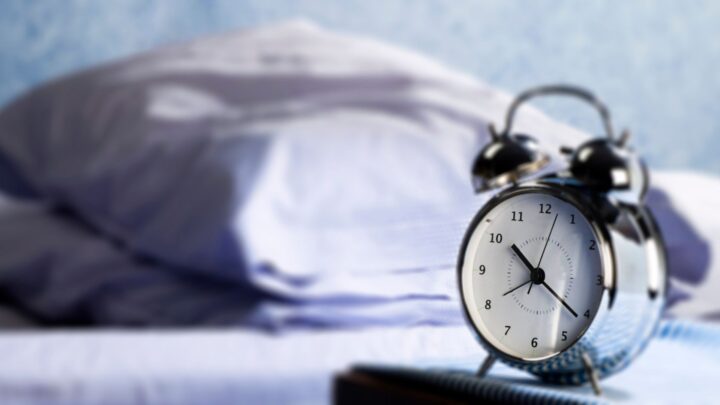
Getting a good night’s rest is essential for good health and wellbeing, but while we’re constantly encouraged to get as much down time as possible – researchers have now warned that too much could actually have a negative impact on memory.
According to the study from the University College of London, published in the International Journal of Epidemiology, sleeping for more than nine hours a night could be as damaging as not sleeping enough.
The researchers set out to determine the link between sleep duration, cognitive function and dementia by examining 400,000 participants – aged between 40 to 69 years – from UK Biobank and the International Genomics of Alzheimer’s Project.
Following a pairs-matching visual memory test, they found that people who slept for less than seven hours a night made 5 per cent more mistakes per hour less of sleep, compared to those who slept for more than nine hours who made even more errors – 9 per cent per each additional hour of sleep lost.
Overall, the researchers determined that sleeping for over nine hours was linked to poorer visual memory and reaction time.
“Our study provides new evidence that both short and long sleep may have a negative impact on certain cognitive domains, such as visual memory and reaction time,” lead author Albert Henry explained, according to Yahoo!
He added: “Previous studies have also linked sleep problems with an increased risk of dementia. We found little evidence that sleep duration is associated with the risk of dementia in the present study, but more research is needed to explore this relationship.
“Overall, our study highlights the importance of sleep duration in relation to cognitive function. This suggests that improving sleep habits may be beneficial for cognitive health.”
Senior author Dr Victoria Garfield has now urged people to try and get the recommended seven to nine hours of sleep a night.
It comes after it was revealed recently that Aussie GPs may be regularly under-diagnosing a serious sleep condition. Questionnaires used by GPs to screen patients for sleep apnoea could mean they are missing up to 64 per cent of people with the condition, according to research published in the Medical Journal of Australia.
IMPORTANT LEGAL INFO This article is of a general nature and FYI only, because it doesn’t take into account your personal health requirements or existing medical conditions. That means it’s not personalised health advice and shouldn’t be relied upon as if it is. Before making a health-related decision, you should work out if the info is appropriate for your situation and get professional medical advice.